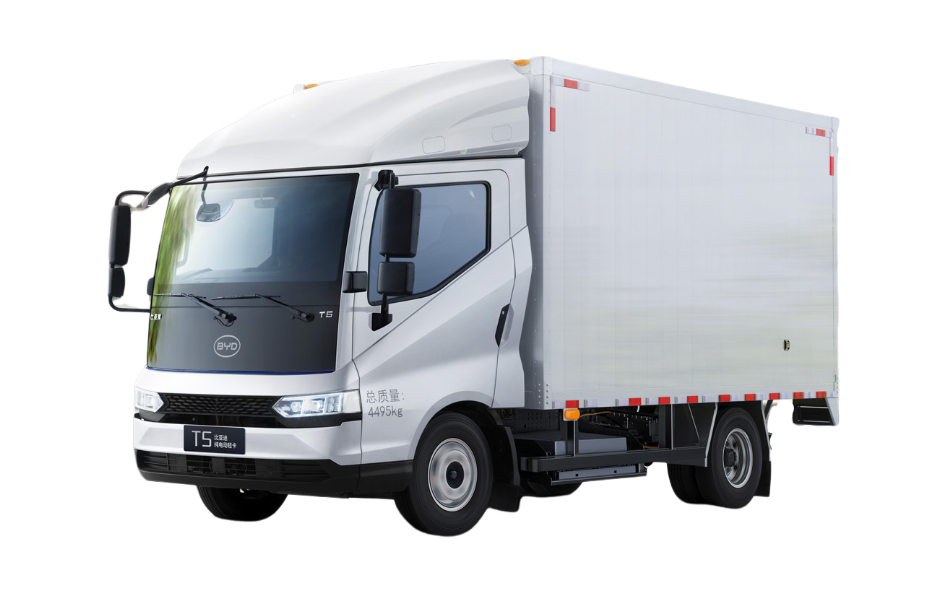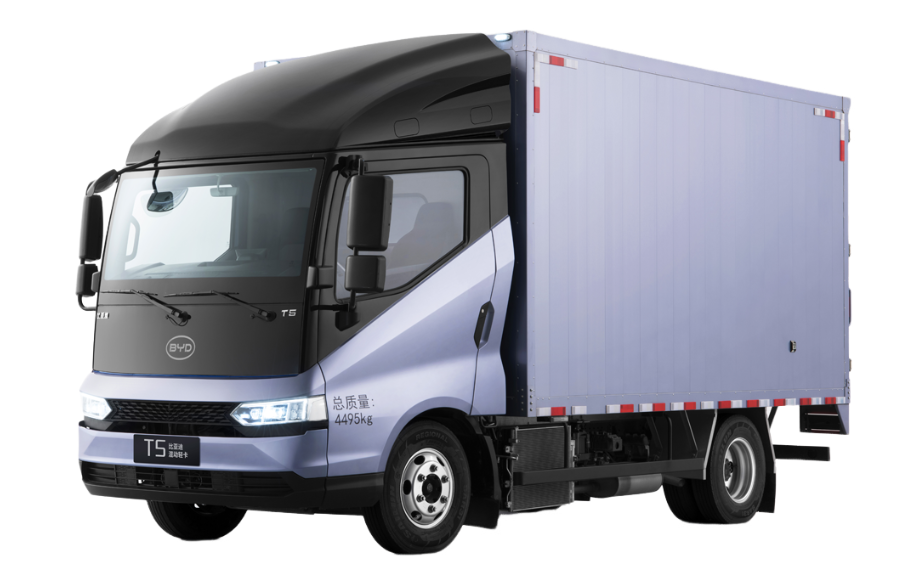the lcv
The Light Commercial Vehicle (LCV) represents a versatile transportation solution designed for business operations and commercial activities. These vehicles typically range from compact vans to medium-sized trucks, offering payload capacities between 3.5 to 7.5 tonnes. Modern LCVs incorporate advanced features including fuel-efficient engines, enhanced safety systems, and smart connectivity options. The vehicle's design prioritizes cargo space optimization while maintaining maneuverability in urban environments. LCVs commonly feature adjustable loading areas, multiple access points, and securing mechanisms for safe cargo transport. These vehicles often come equipped with telematics systems for fleet management, real-time tracking, and performance monitoring. The technology integration extends to driver assistance features such as parking sensors, backup cameras, and lane departure warnings. LCVs serve various industries including logistics, construction, retail delivery, and mobile services. Their adaptability allows for customization with different body types such as box vans, dropside trucks, or specialized equipment installations. The vehicles typically offer balanced fuel economy and operational costs, making them ideal for both short-distance urban deliveries and longer regional routes.


